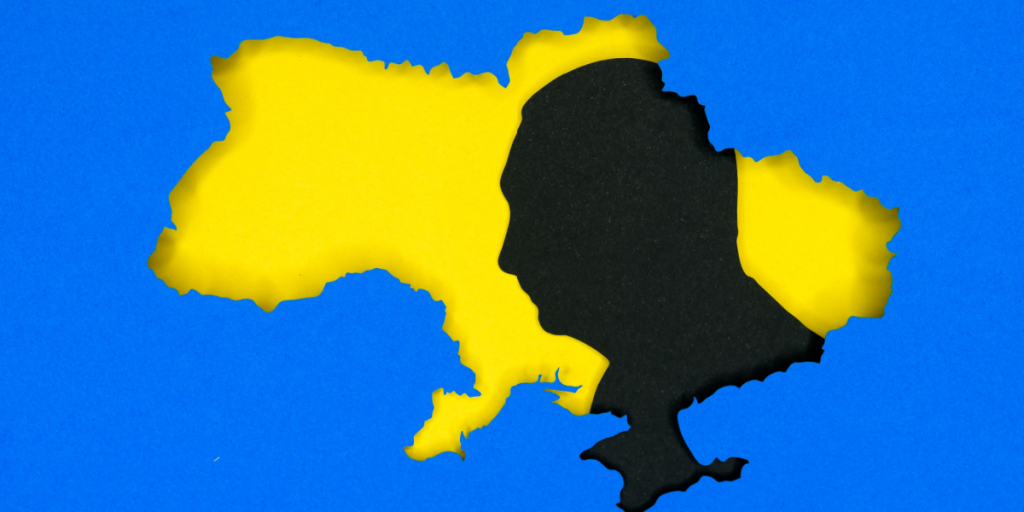You’d think that Russia would know how to use it’s own history to it’s advantage – well ….
Others are reading now
You’d think that Russia would know how to use it’s own history to it’s advantage – well ….
Fourth year of war
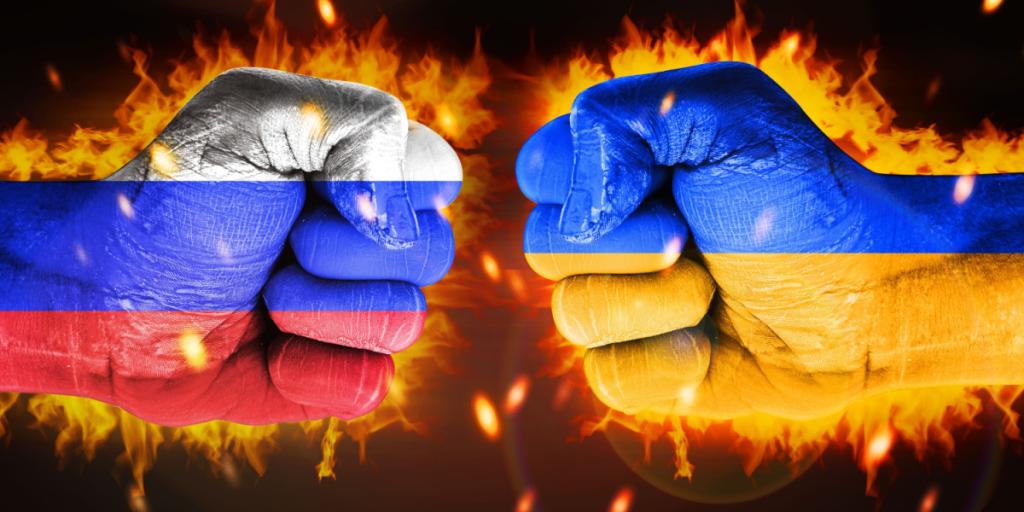
What was meant to be a quick, sweeping invasion of Ukraine back when Russia launched it’s full-scale invasion back in February of 2022, has turned into a grinding war of attrition now in it’s fourth year.
Could Putin have anticipated this?
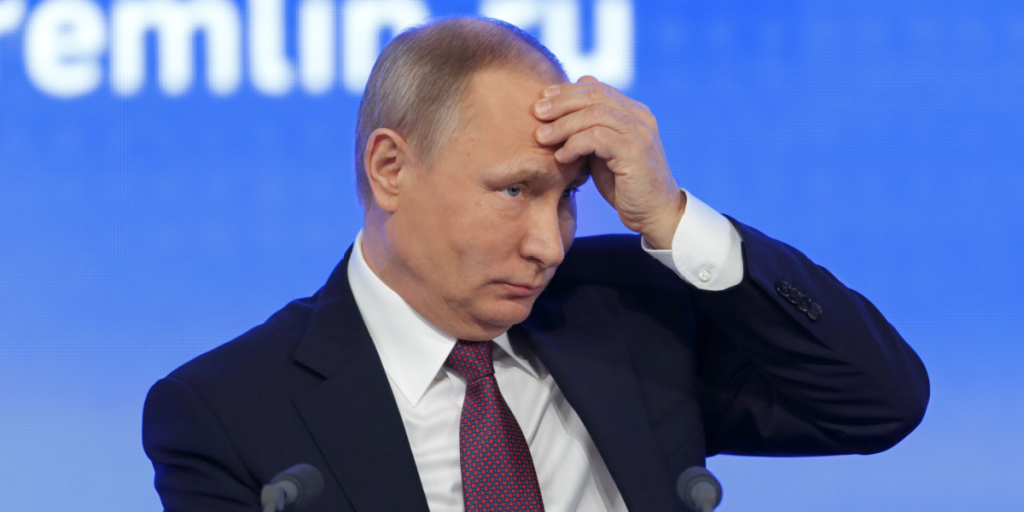
The short answer is yes – and he could have done so by simply opening a book on Russian history.
Napoleon, Hitler, and now Putin
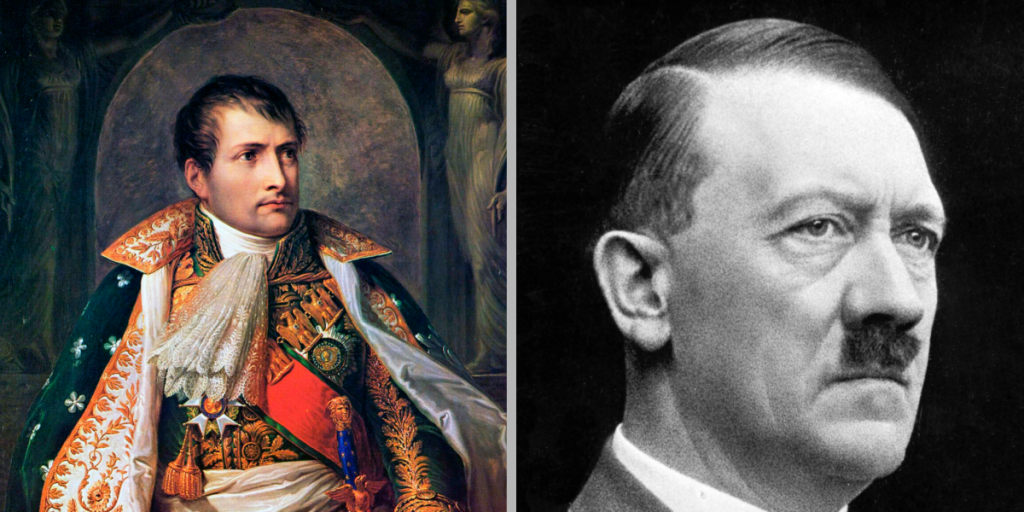
Both Napoleon and Hitler tried to take over Russia, but both attempts ended in humiliating military failures.
And many of the issues, Napoleon and Hitler faced, is excactly what Putin is now facing in Ukraine.
Also read
Different, but very similar
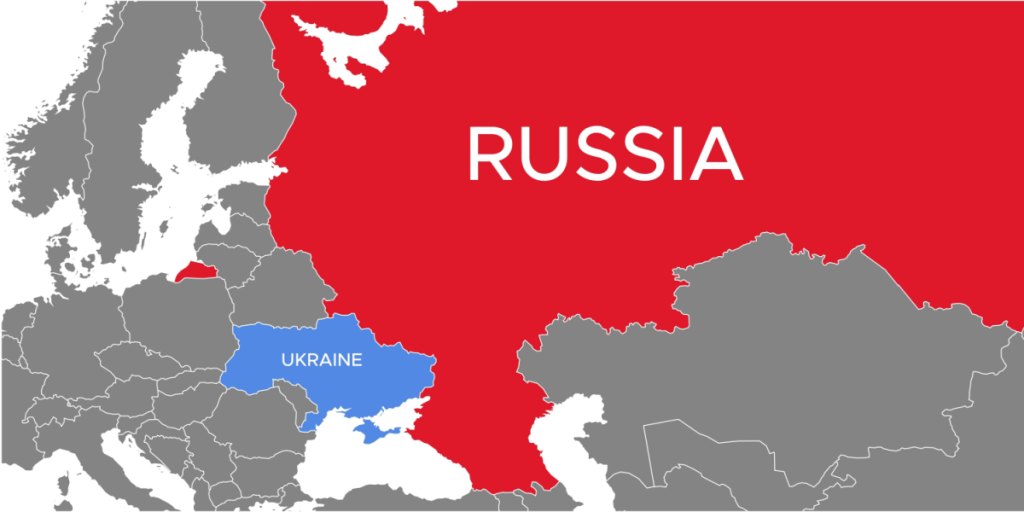
While the geopolitical context and scale differ, Russia in 2022–2025 has run into several of the same problems that Napoleon and Hitler faced when attempting to control or invade vast parts of the Russian/Soviet territory.
1. Vast Geography & Overextended Supply Lines
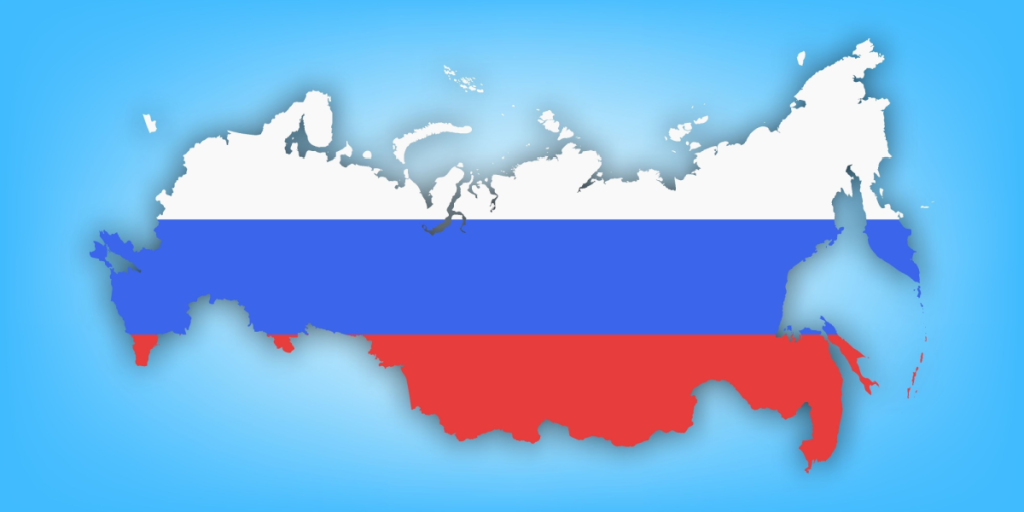
Napoleon’s Grande Armée suffered acute shortages as supply lines extended deep into Russia, with poor roads decimating horses and men.
Hitler’s Wehrmacht similarly ran out of fuel and munitions as stretched lines and terrain slowed advances.
The Russian invasion
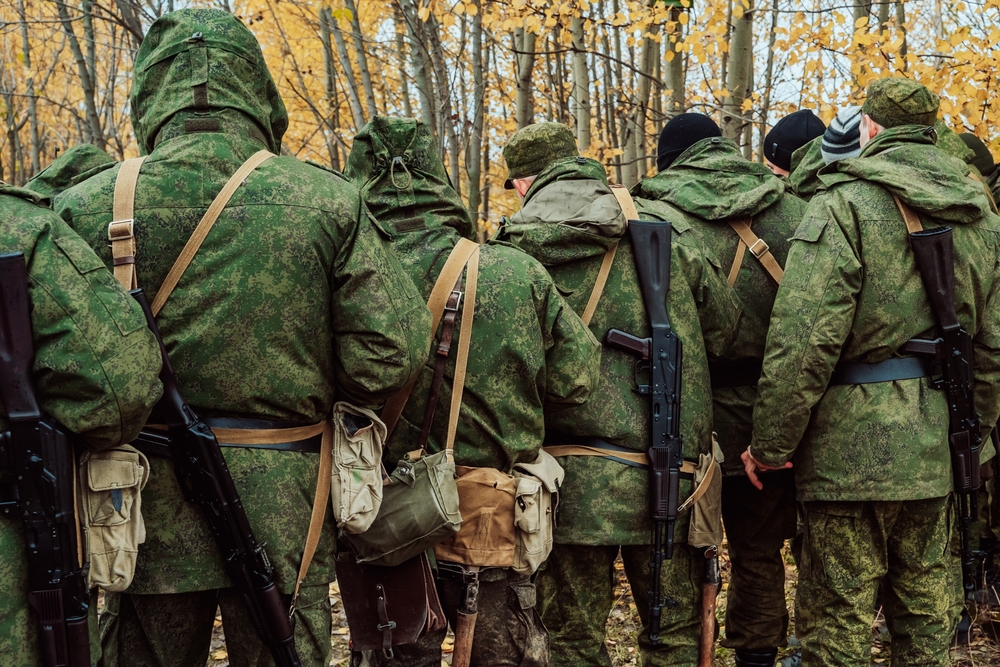
As Russian forces pushed into Ukraine, especially in early 2022, they quickly outran their supply lines — just as Napoleon’s Grande Armée did in 1812 and Hitler’s Wehrmacht in 1941.
In each case, supply trucks, food convoys, and fuel tankers lagged behind fast-moving front-line units, causing breakdowns in coordination and leaving troops undersupplied.
Also read
2. Underestimating Local Resistance & Scorched‑Earth Tactics
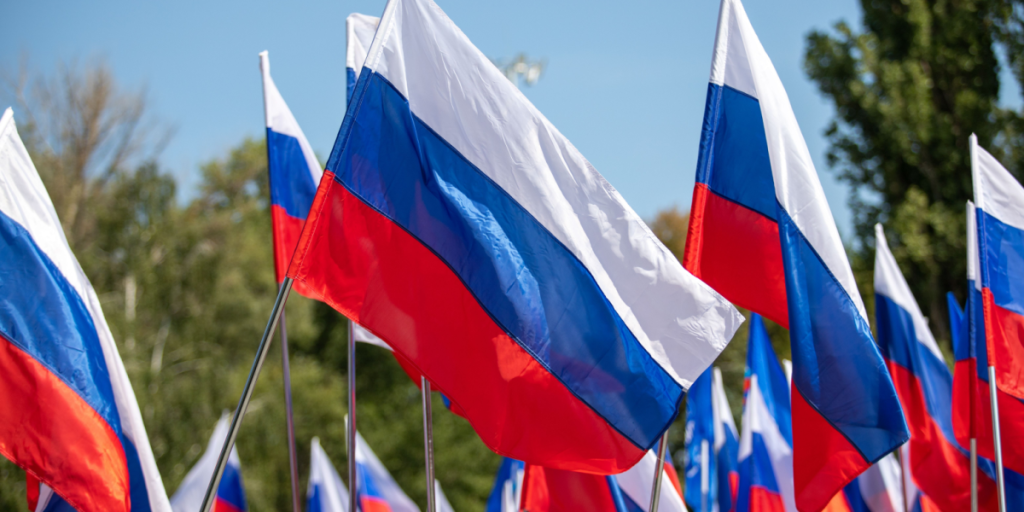
In 1812, Russians burned their own land to deny Napoleon’s forces sustenance.
In WWII, Soviet partisans sabotaged supply lines, worsening German overstretch.
The Russian invasion
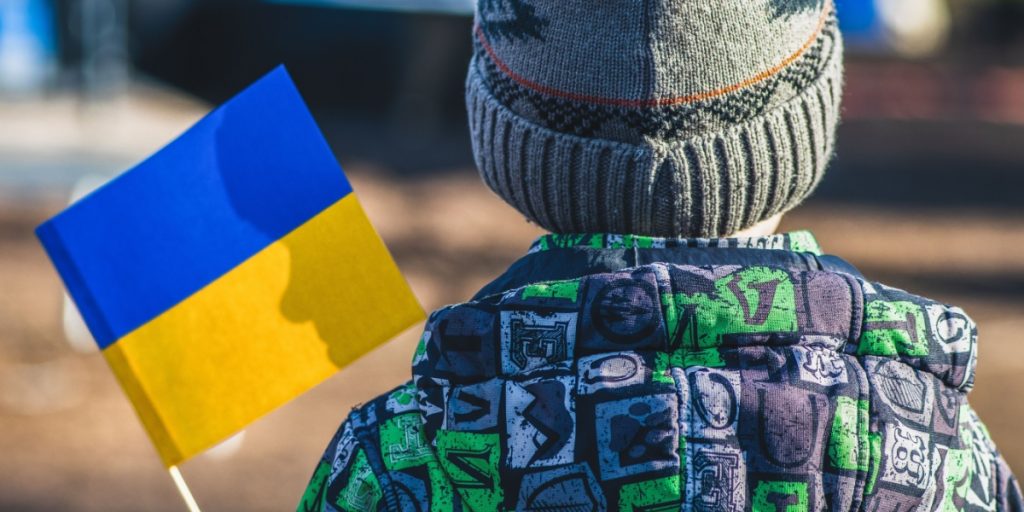
Ukraine has mirrored the tactics of the Russian population by systematically destroying infrastructure ahead of Russian advances, slowing down the invading forces.
3. Harsh Winters & Terrain Difficulties
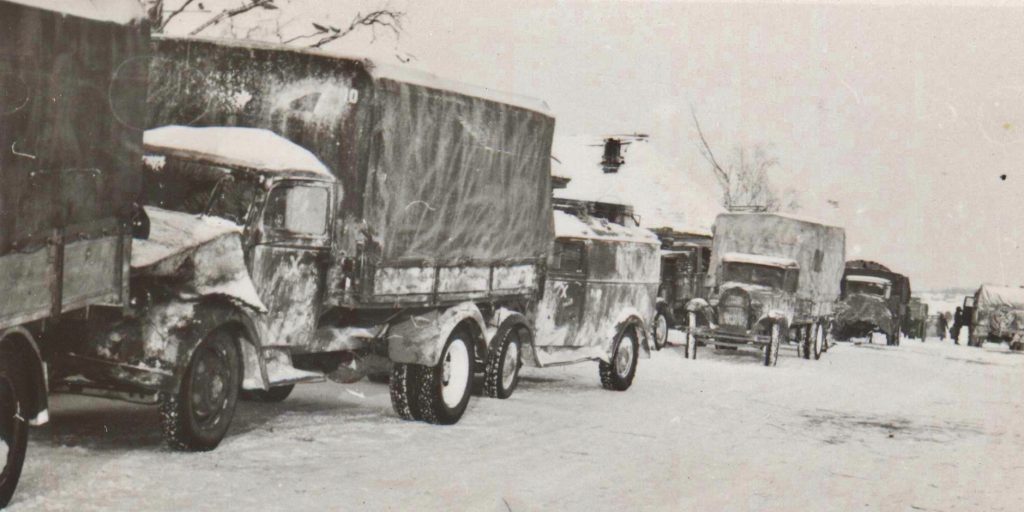
Napoleon and Hitler were ill-prepared for Russia’s seasonal extremes.
Napoleon’s army collapsed amid winter cold, while Hitler’s troops stalled near Moscow in December 1941.
Also read
The Russian invasion
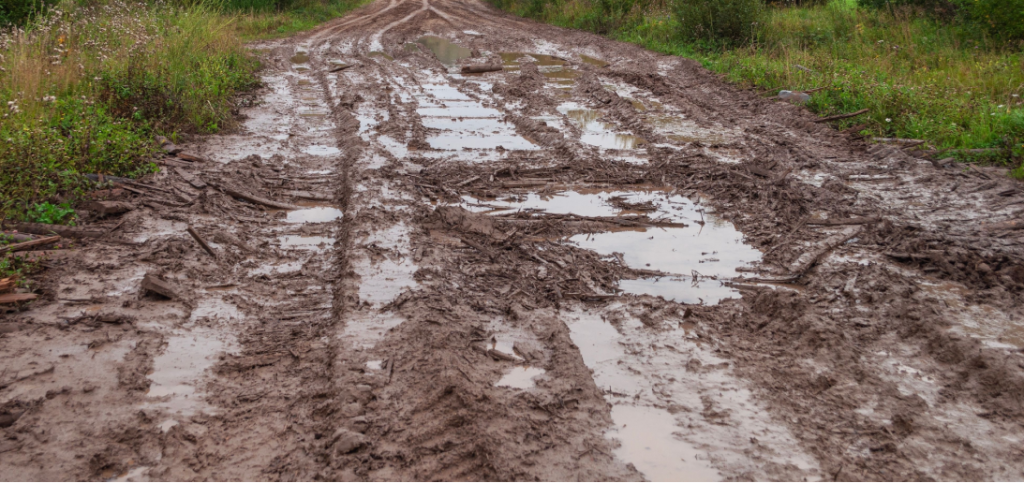
Russia’s invasion of Ukraine faced its own “rasputitsa” mud seasons and winter conditions, slowing operations and causing equipment failures.
4. Strategic Overconfidence & Miscalculation
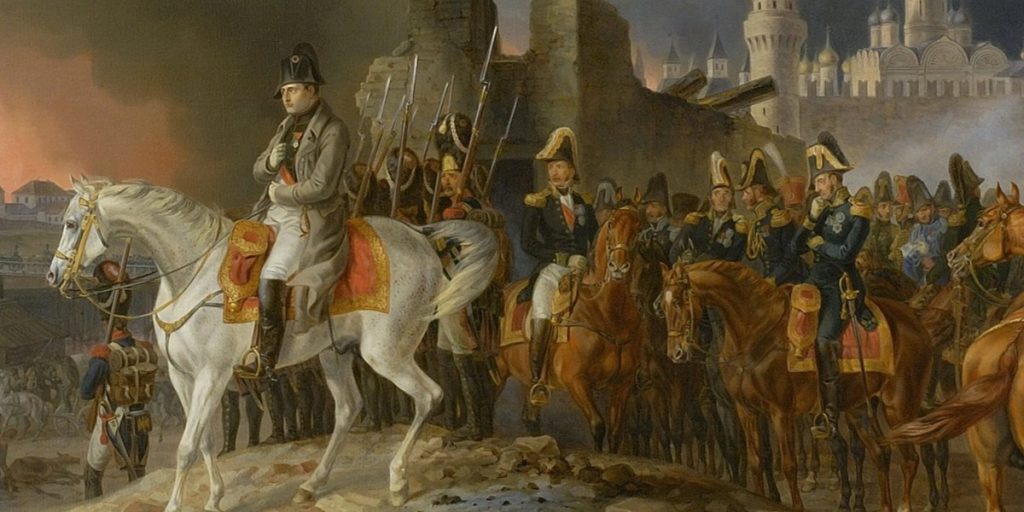
Napoleon expected a quick conquest to Moscow. Hitler anticipated Moscow would fall in weeks.
Instead, both got bogged down in protracted wars.
The Russian invasion
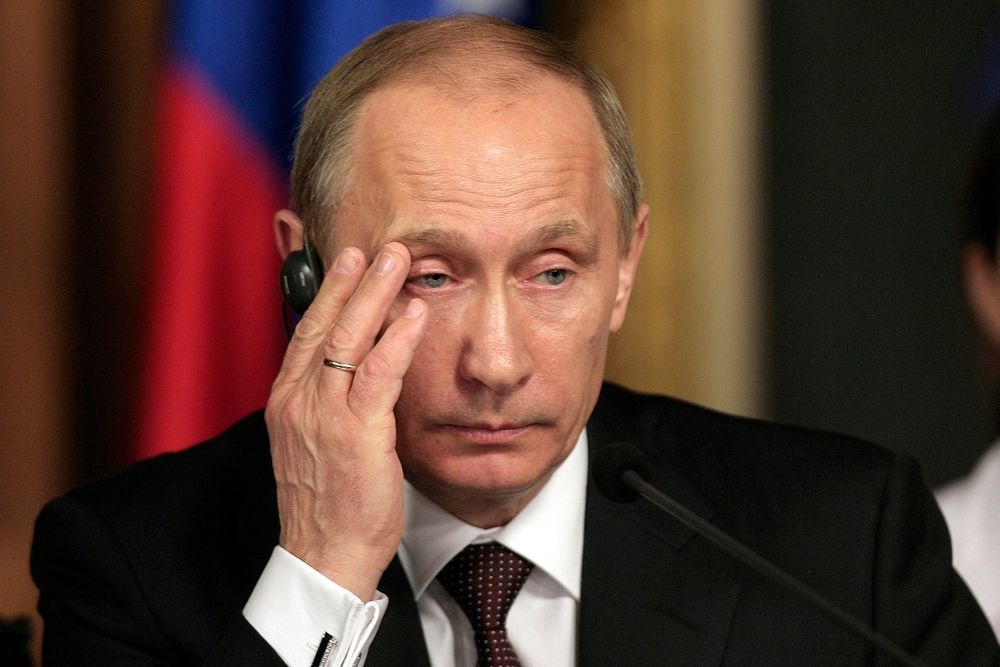
With an expected 3-day invasion now in it’s fourth year, Putin’s assumption of a lightning advance on Kyiv instead led to prolonged conflict and adaptation by Ukrainian forces.
5. Logistical Failures Revealing Internal Weakness
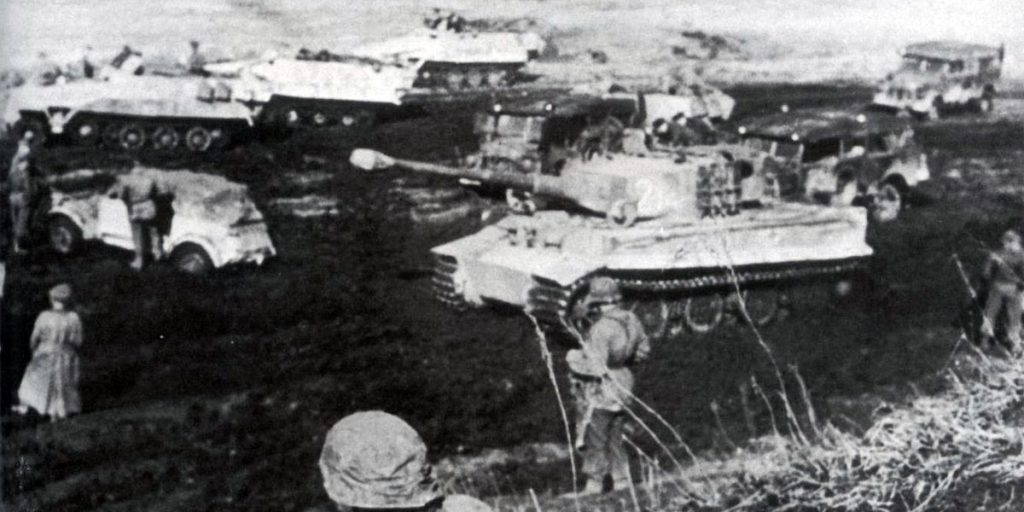
Napoleon’s retreat shattered French military prestige, and Hitler’s stalled Eastern Front marked the turning point of WWII.
Also read
The Russian invasion
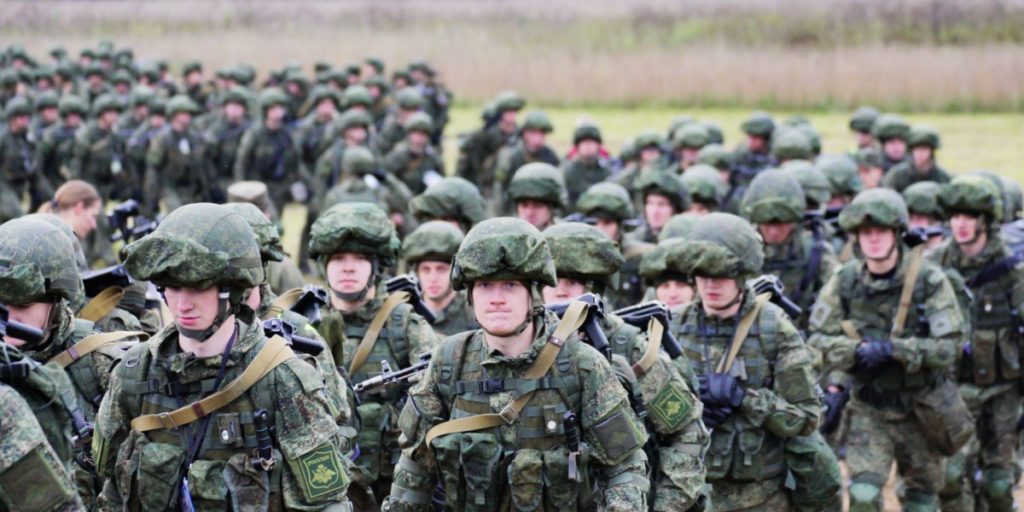
Russia’s war in Ukraine has similarly exposed its military planning flaws, supply chain bottlenecks, and vulnerabilities under economic sanctions.
6. Intelligence Failures & Groupthink
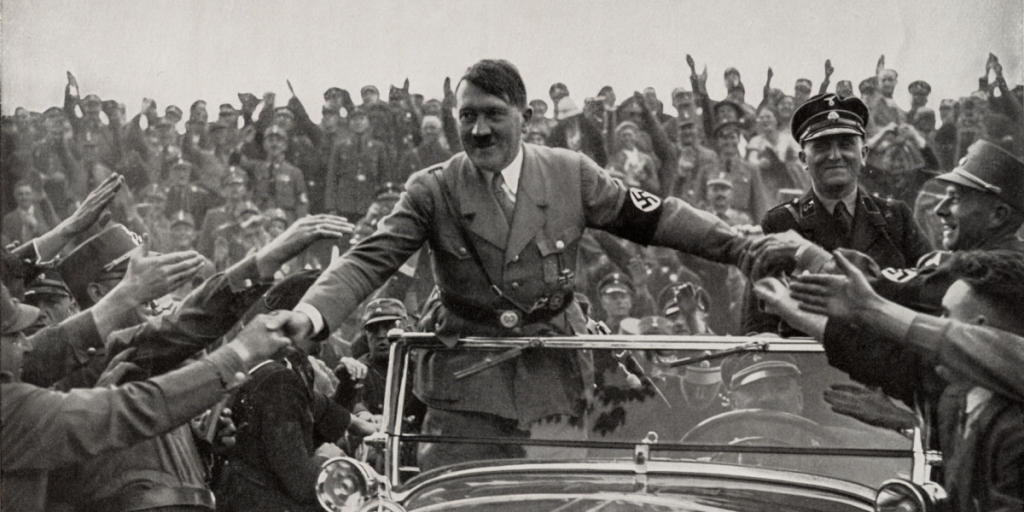
Both Napoleon and Hitler underestimated the resolve and capacity of their adversaries.
During WW2, German intelligence misjudged Soviet resilience.
The Russian invasion
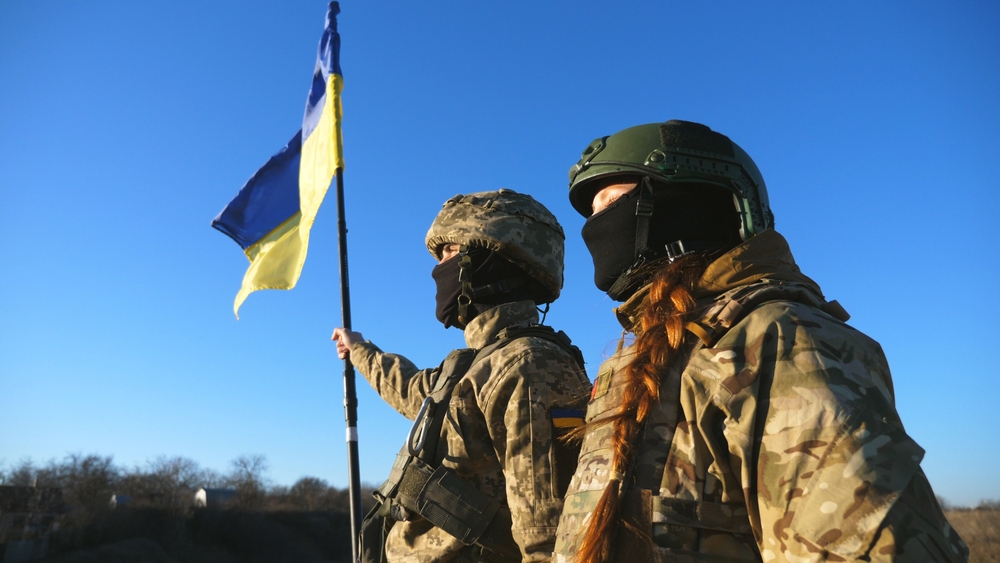
Putin’s decision-making also appeared insulated, failing to anticipate Ukraine’s rapid mobilization and Western support.
This might have to do with how quickly Russia took over The Crimean Peninsula in 2014, where parts of the civilian population supported the Russian invaders.
Also read
7. Attritional Warfare & Morale Breakdown
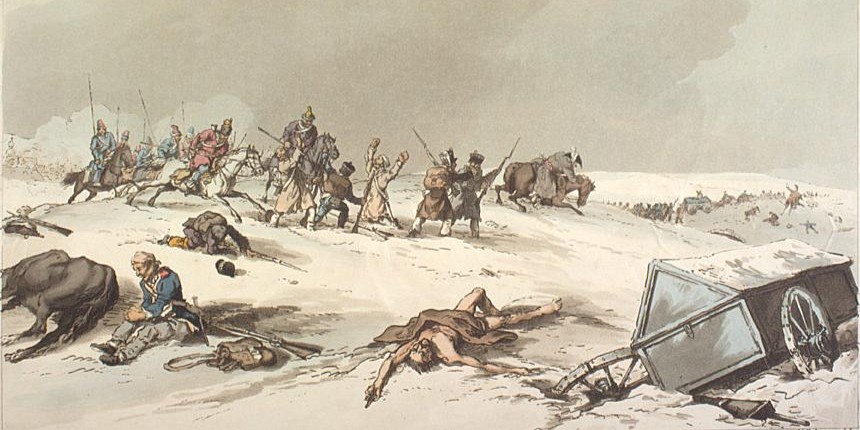
Napoleon lost hundreds of thousands of troops during retreat
Hitler’s campaigns resulted in massive casualties as the Eastern Front turned into a grinding war of attrition.
The Russian invasion
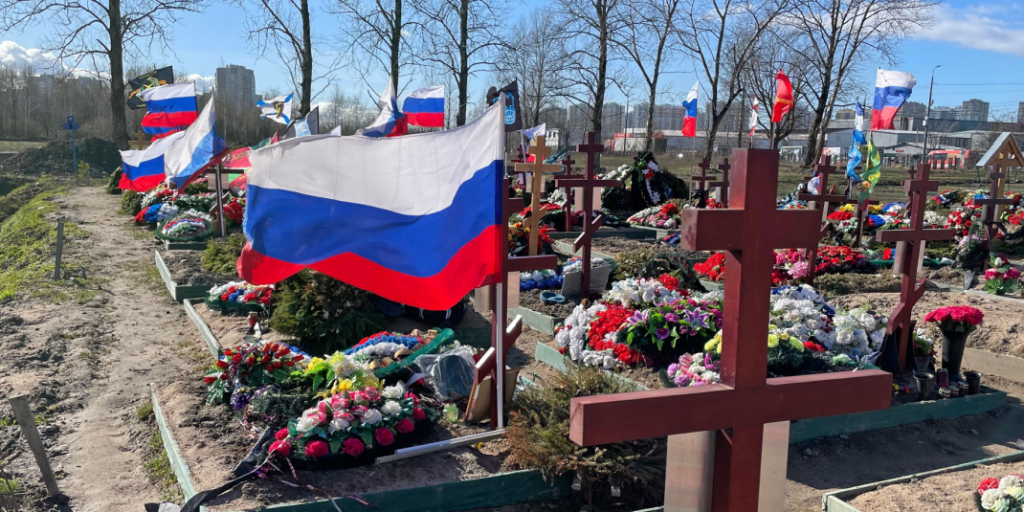
Russia’s current war in Ukraine, notably in prolonged battles like Bakhmut, carries similar high costs and morale challenges with reports of Russian soldiers turning on their own.
Additionally, Russia is estimated to have lost more than 1 million troops since February 2022.
8. International Blowback & Isolation
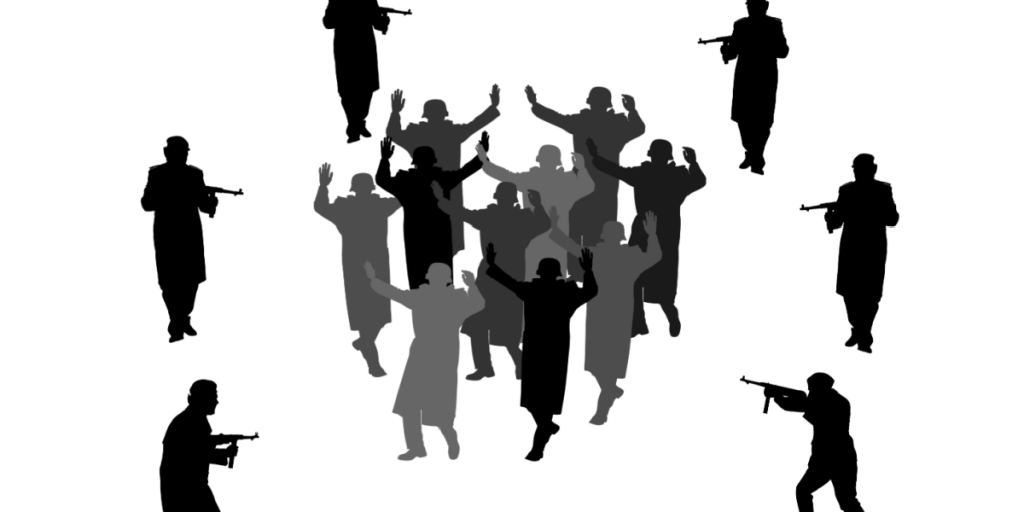
Napoleon’s failure catalyzed the formation of coalitions against him.
Also read
Hitler’s eastern defeat empowered Allied resolve, eventually resulting in Nazi Germany signing the terms for an unconditional surrender.
The Russian invasion
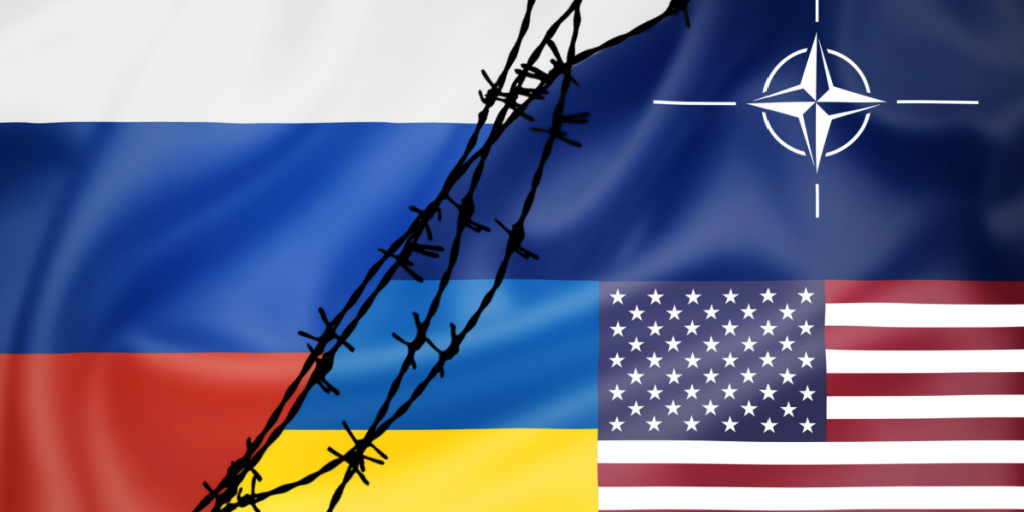
Today, Russia’s invasion has unified NATO and deepened economic sanctions, pushing many neutral countries closer to Western alliances.
Ignoring Historical Lessons
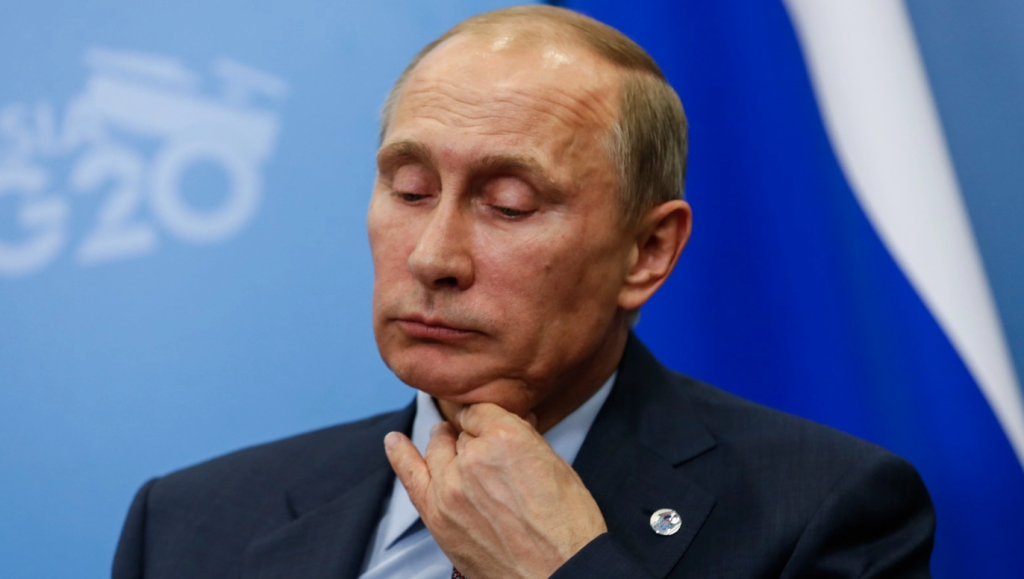
Napoleon and Hitler ignored the lessons of Russian resistance. Putin’s invasion repeats this error—facing similar geographic, logistical, and resolute opposition.
The rivers, mud, cold, and national spirit that once saved Russia continue to shape outcomes today.

